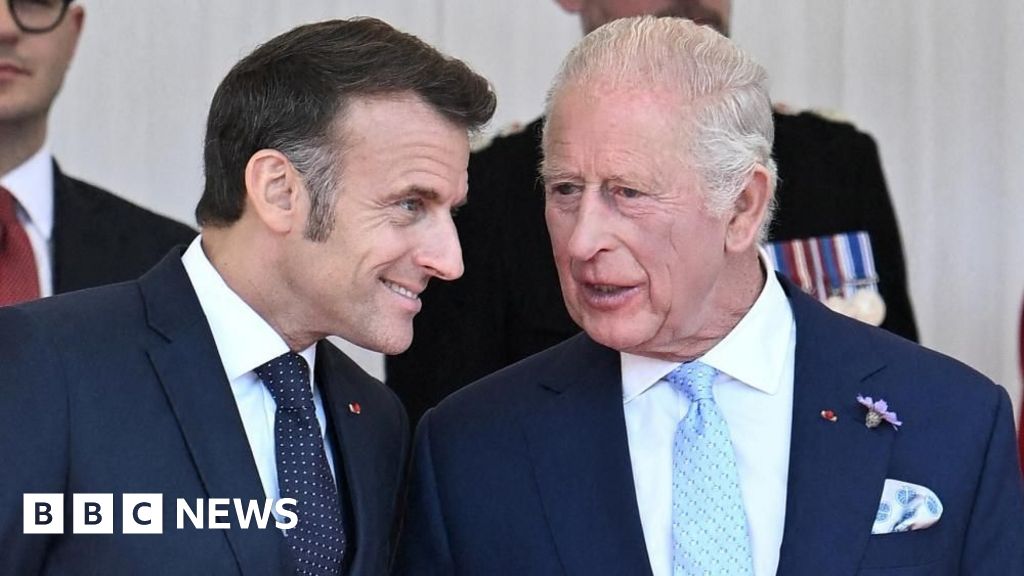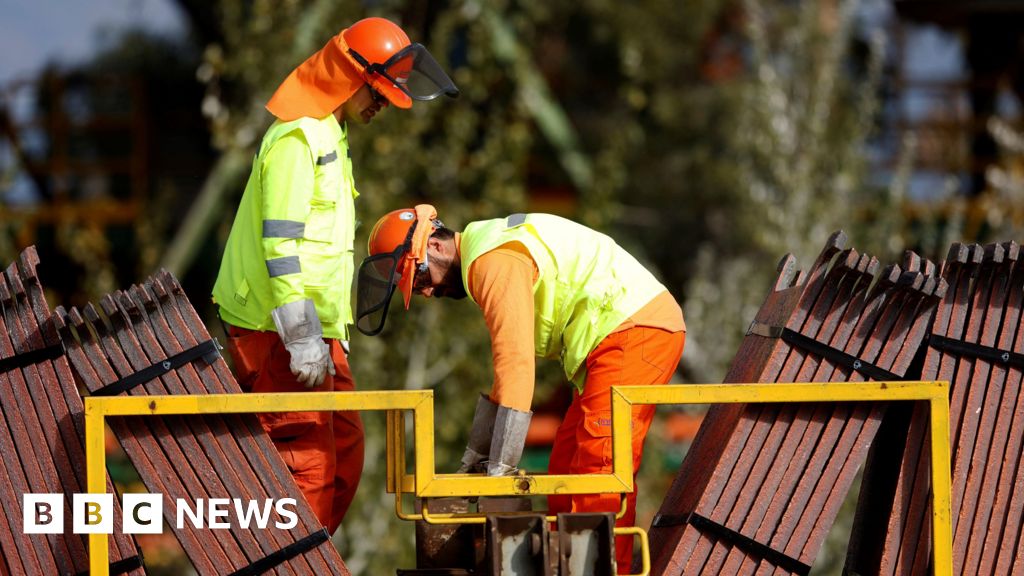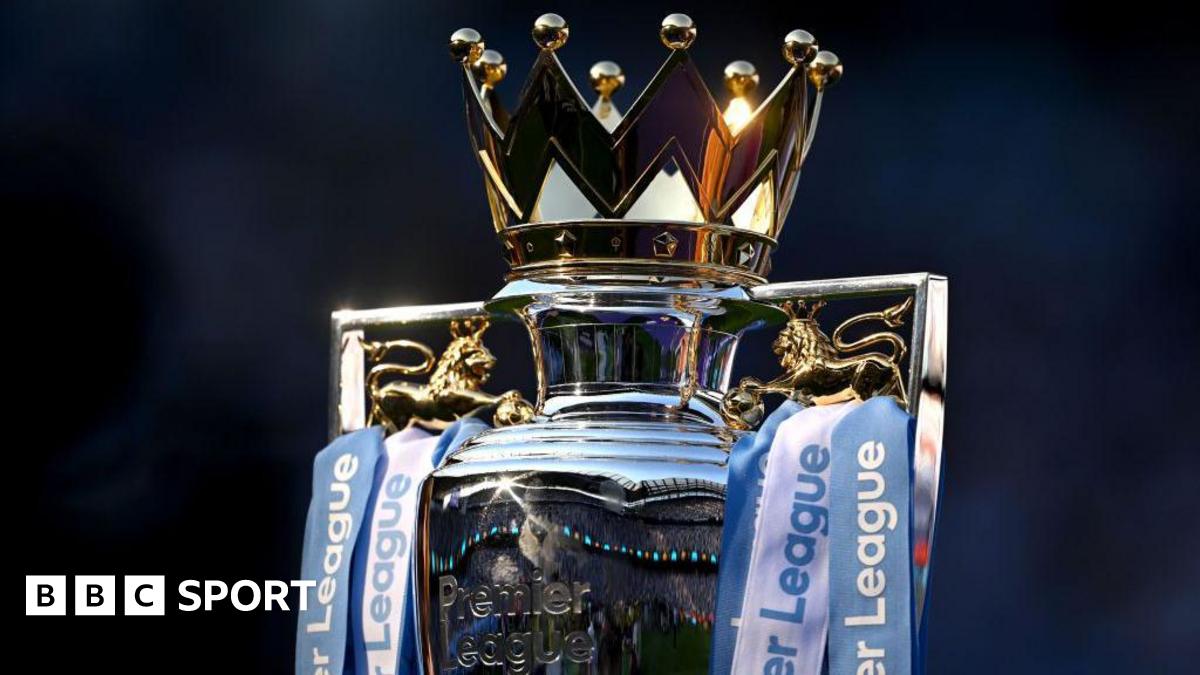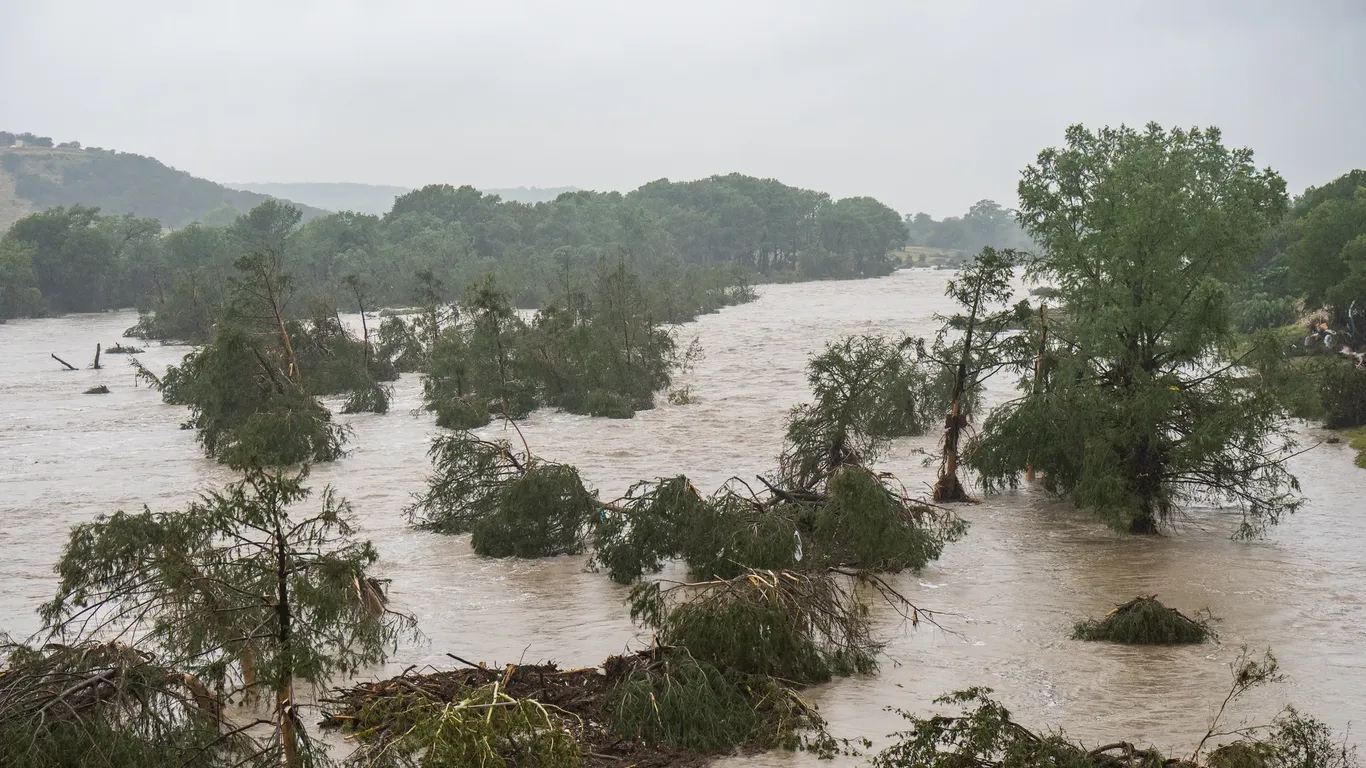The International Criminal Court has issued arrest warrants for two of the Taliban's top leaders, accusing them of persecuting women and girls in Afghanistan.
The Hague-based court said there were "reasonable grounds" to believe Supreme Leader Haibatullah Akhundzada and chief justice Abdul Hakim Haqqani had committed a crime against humanity in their treatment of women and girls since seizing power in 2021.
In that time, they have implemented a series of restrictions, including on girls over 12 accessing education, and barring women from many jobs.
In response, the Taliban said it doesn't recognise the ICC, calling the warrant "a clear act of hostility" and an "insult to the beliefs of Muslims around the world".
There have also been restrictions on how far a woman can travel without a male chaperone, and decrees on them raising their voices in public.
In a statement, the ICC said that "while the Taliban have imposed certain rules and prohibitions on the population as a whole, they have specifically targeted girls and women by reason of their gender, depriving them of fundamental rights and freedoms".
The United Nations has previously described the restrictions as being tantamount to "gender apartheid".
The Taliban government has said it respects women's rights in accordance with their interpretation of Afghan culture and Islamic law.
Akhundzada became the supreme commander of the Taliban in 2016, and has been leader of the so-called Islamic Emirate of Afghanistan since US-led forces left the country in August 2021. In the 1980s, he participated in Islamist groups fighting against the Soviet military campaign in Afghanistan.
Haqqani was a close associate of Taliban founder Mullah Omar and served as a negotiator on behalf of the Taliban during discussions with US representatives in 2020.
The ICC investigates and brings to justice those responsible for genocide, crimes against humanity and war crimes, intervening when national authorities cannot or will not prosecute.
However, it does not have its own police force and so relies on member states to carry out any arrests.
The prospect of warrants being issued for the two Taliban leaders was first raised in January, when the ICC's top prosecutor, Karim Khan, alleged they were "criminally responsible for persecuting Afghan girls and women, as well as persons whom the Taliban perceived as not conforming with their ideological expectations of gender identity or expression, and persons whom the Taliban perceived as allies of girls and women".
At the time, the Taliban's foreign ministry responded to the threat of arrests, saying the ICC had turned a blind eye to what it described as "numerous war crimes and crimes against humanity committed by foreign forces and their local allies", referring to US-led forces present in the country before 2021.
Human Rights Watch welcomed the arrest warrants for the two Taliban leaders.
It called on the ICC "to extend the reach of justice to victims of other Taliban abuses, as well as victims of the Islamic State of Khorasan Province forces, former Afghan security forces and US personnel".
"Addressing cycles of violence and impunity in Afghanistan requires that victims of all perpetrators have equal access to justice," it said in a statement.








 English (US) ·
English (US) ·